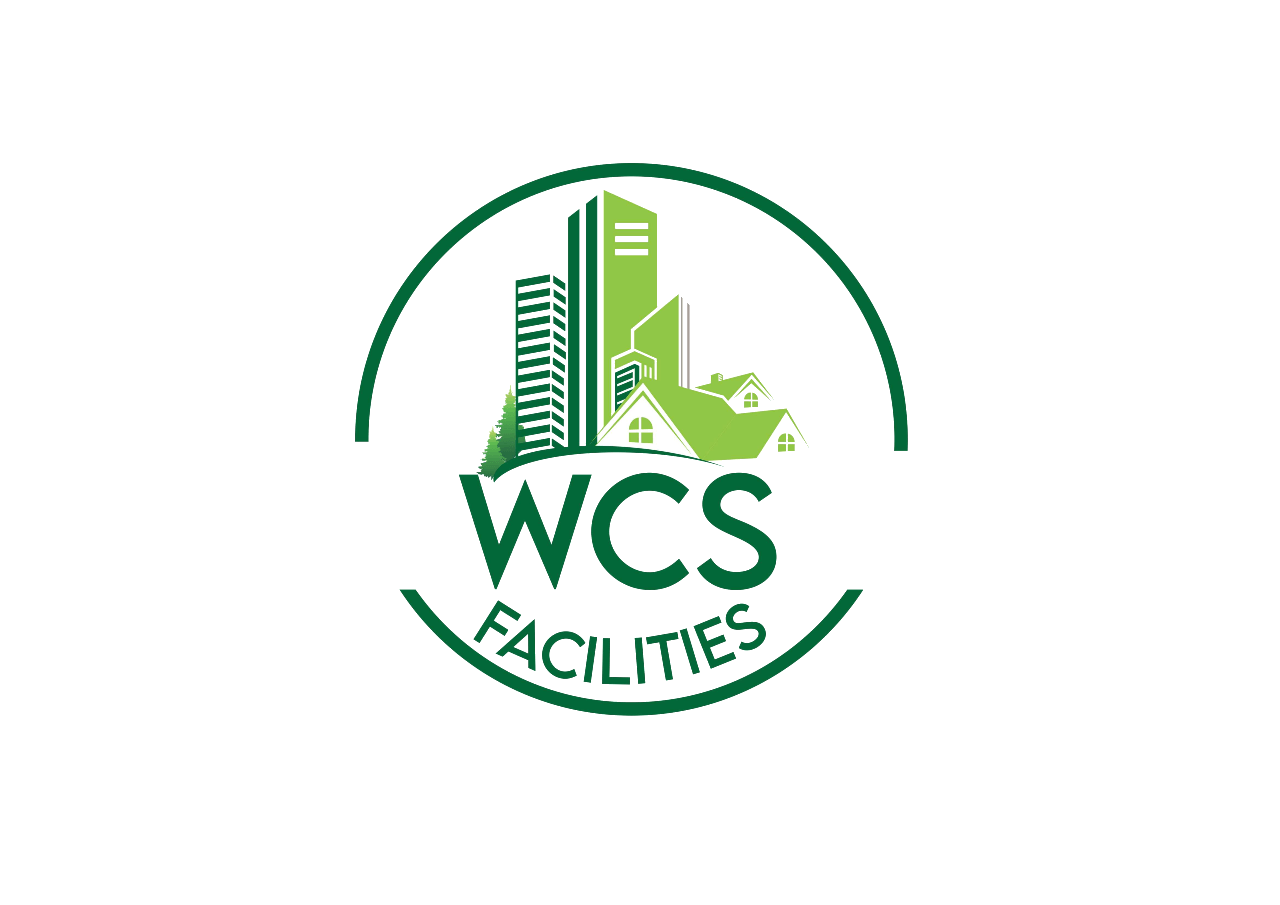By Michael Mintz
•
October 1, 2024
A pest infestation can quickly turn your home or business into an uncomfortable and unhealthy environment. From ants and cockroaches to rodents and spiders, unwanted pests are not only annoying but can also pose health risks and damage your property. The good news is, with a few proactive measures, you can prevent infestations and keep pests out of your space. Here’s how: 1. Seal Entry Points Pests can find their way into your home through even the smallest cracks and openings. To block these potential entry points, inspect your home’s foundation, windows, doors, and walls for any gaps or cracks. Use caulk or weatherstripping to seal these areas and keep pests from entering. 2. Keep a Clean Environment Pests are always on the hunt for food, and even small crumbs or spills can attract them. Make it a habit to clean up food spills immediately, wipe down countertops, and sweep or vacuum regularly to keep your floors free of debris. In the kitchen, store food in airtight containers to eliminate easy access for pests like ants, mice, and pantry moths. 3. Proper Waste Management Trash is one of the biggest attractants for pests. Make sure to take out the garbage regularly and use trash bins with tight-fitting lids. Clean the area around your trash cans, and avoid letting garbage pile up, as it can become a feeding ground for pests. 4. Eliminate Moisture Sources Pests are drawn to water just as much as food. Leaky pipes, dripping faucets, or areas with standing water can attract pests such as cockroaches, termites, and mosquitoes. Fix any plumbing issues promptly and ensure your home stays dry. For areas prone to moisture, like basements or bathrooms, consider using a dehumidifier to control the humidity levels. 5. Keep Landscaping in Check Pests can make their way into your home from outside, so it’s important to maintain your yard as well. Trim back trees, bushes, and plants that are too close to your home, as overgrown landscaping can provide shelter for pests. Additionally, eliminate standing water in birdbaths, gutters, and other outdoor containers, as these can be breeding grounds for mosquitoes. 6. Regular Inspections Regularly inspect your property for signs of pests, such as droppings, gnawed wires, or nests. Catching a problem early on can prevent a full-blown infestation. It may also be beneficial to schedule regular pest control inspections with a professional to keep your home protected. By following these simple steps, you can maintain a pest-free environment and avoid the headaches that come with infestations. Prevention is key, and a little effort now can save you a lot of trouble down the road. Stay proactive, stay clean, and keep pests at bay! Contact WCS for any assistance needed with keeping a safe home environment.






